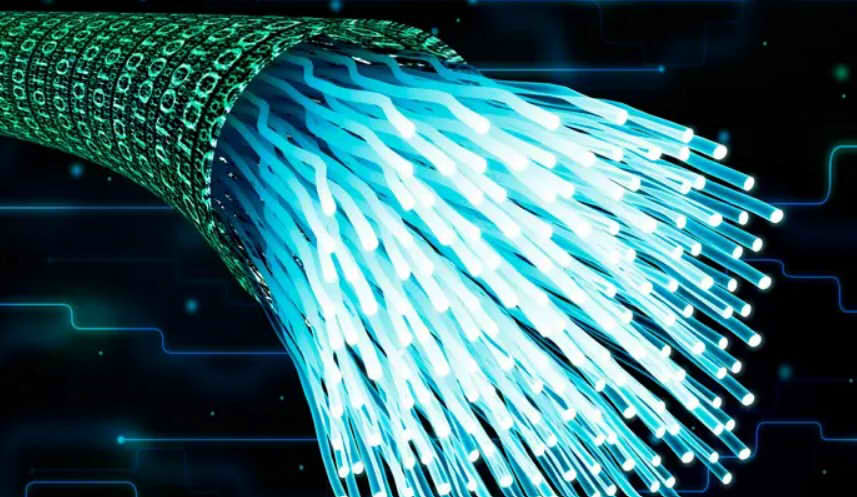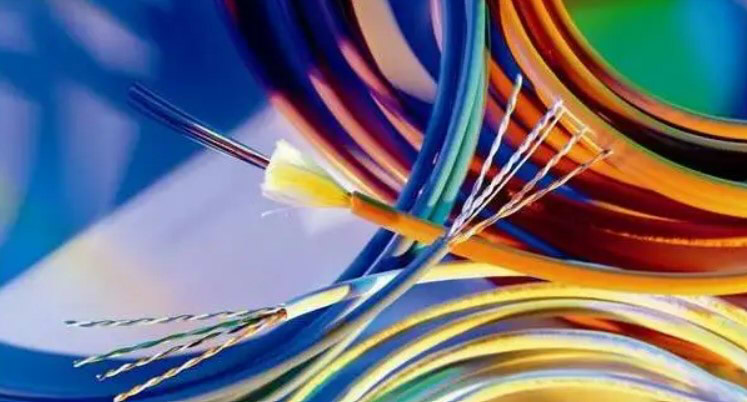Communication cable, as a transmission medium, is a necessary equipment for completing information projects. Unsuitable fiber optic cable is likely to affect the quality of the whole project. So, how to choose the right fiber optic communication cable?

When choosing fiber optic cable, the first step is to determine whether to use monomode or multimode fiber optic (fibra óptica multimodo). The second step is to determine the number of fiber cores that need to be used. The number of fiber cores refers to the number of glass fibers contained in each cable, and the common number of fiber cores includes 2, 6, 8, 12, 24, və s.
Number of Cores of Fiber Optic Cable
The main reason for choosing fiber optic cable according to the number of cores is that if the number of cores is different, the structure used for fiber optic cable is different. The range of applications of fiber optic cables differ from structure to structure.
Usually, fiber optic cables with less than 12 cores use the center bundle tube structure. This structure is more suitable for overhead laying or pipeline protection of the branch network. Most of the fiber optic cables with 12 cores or more adopt the laminated stranded structure. This structure has a strong tensile strength and can be buried directly. When buying fiber optic cable, be sure to choose the right number of cores according to the project.
Structure and Material of Fiber Optic Communication Cable
The structure and material of fiber optic cable determines both the effectiveness of information transmission and the service life of the cable. Therefore, when purchasing fiber optic cable, the first thing to decide is its structure and material.
Typically, fiber optic cables that have a reinforced steel wire, padding and sheath construction are more capable of protecting the fiber. It is also possible to use fiber optic cable that has a loose tube, inner sheath, aramid yarn, and outer sheath structure to correspond to the harsh external environment. The complex structure of communication fiber optic cable can achieve stable transmission over long distances and longer service life.

As for the materials, the choice of materials for each layer of the structure of the fiber optic cable is important. In this regard, the power fiber optic cable can use the core that meets international standards. This kind of optical fiber has fast transmission speed, stable transmission and long transmission distance. In general, overhead fiber optic cable can carry 10G broadband within 40 km, and can effectively reduce the transmission loss of the signal.
The loose tube of fiber optic cable can be made of high quality PBT with strong hydrolysis resistance and high strength. It can effectively protect the fiber from internal and external pressure and prolong the service life of the fiber cable. Its inner and outer sheaths can choose PET material, which is environmentally friendly and has excellent insulation and resistance to electrical traces.
Select Fiber Optic Cable according to the Use
Communication fiber optic cable can be divided into overhead fiber optic cable, direct buried fiber optic cable, pipeline fiber optic cable, submarine fiber optic cable and so on. Different projects need the corresponding fiber optic cable to ensure the quality of the project. So, when buying fiber optic cable, you can consult with the fiber optic cable suppliers. Make them recommend the right fiber optic cable to ensure the reliability and stability of the fiber optic cable application.


